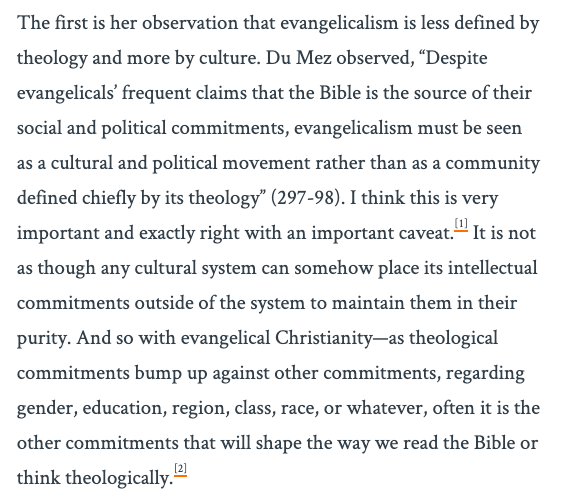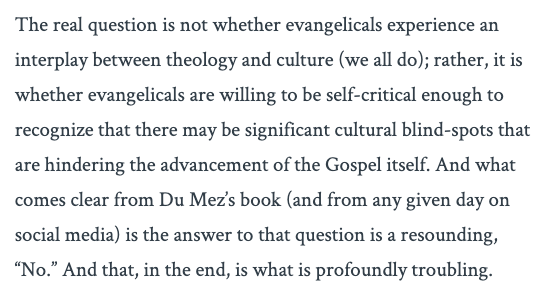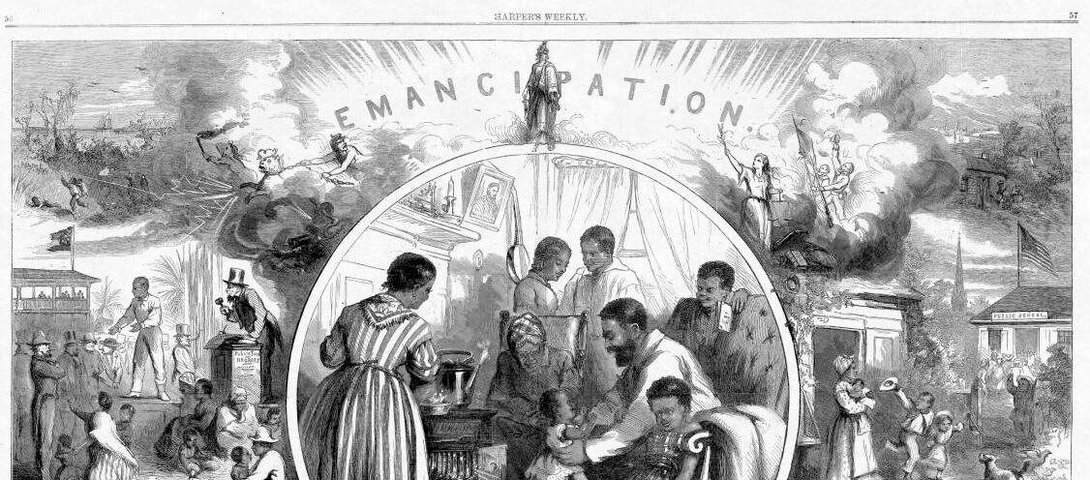
Pastor, Co-Author Reparations: A Christian Call for Repentance & Repair / “The function of freedom is to free someone else.” — T Morrison
2 subscribers
How to get URL link on X (Twitter) App


 On January 12, 1865, Gen Sherman and Sec of War Edwin Stanton met with a group of twenty black ministers from Savannah discuss what they wanted for their newly freed people. The highly respected Rev. Frazier, aged 67 at the time, was chosen to speak on behalf of the group.
On January 12, 1865, Gen Sherman and Sec of War Edwin Stanton met with a group of twenty black ministers from Savannah discuss what they wanted for their newly freed people. The highly respected Rev. Frazier, aged 67 at the time, was chosen to speak on behalf of the group.

https://twitter.com/glnelsoniii/status/1479195980402774020"Nothing" 🤷🏻♂️ (📷: flic.kr/p/2kro7Tv)


 2. However, this “third way” is often presented with a rhetorical “balance” (e.g., “the gospel is neither...nor...”) that implies that kingdom faithfulness necessarily entails political-cultural centrism and an equitable critique of each side.
2. However, this “third way” is often presented with a rhetorical “balance” (e.g., “the gospel is neither...nor...”) that implies that kingdom faithfulness necessarily entails political-cultural centrism and an equitable critique of each side. 

 2/ Again, this is false. As explained, we regularly engage these questions & study them; they warrant sustained reflection. But we also believe DeYoung's methodology shapes/distorts many of his questions. This is why we sought to expose and critique his method first and foremost.
2/ Again, this is false. As explained, we regularly engage these questions & study them; they warrant sustained reflection. But we also believe DeYoung's methodology shapes/distorts many of his questions. This is why we sought to expose and critique his method first and foremost. 


 2/ One of evangelicalism's most "significant cultural blind-spots" is found in its refusal to see itself as a culture, its stubborn insistence that it just *is* its theological commitments, unmediated and distinct from any institutional, cultural, or political embodiments.
2/ One of evangelicalism's most "significant cultural blind-spots" is found in its refusal to see itself as a culture, its stubborn insistence that it just *is* its theological commitments, unmediated and distinct from any institutional, cultural, or political embodiments.



 2. They brought news that the Civil War had ended and that the enslaved were now free—two and a half years after President Lincoln’s Emancipation Proclamation. Today it remains as the most popular annual celebration of emancipation in the African American community.
2. They brought news that the Civil War had ended and that the enslaved were now free—two and a half years after President Lincoln’s Emancipation Proclamation. Today it remains as the most popular annual celebration of emancipation in the African American community. 